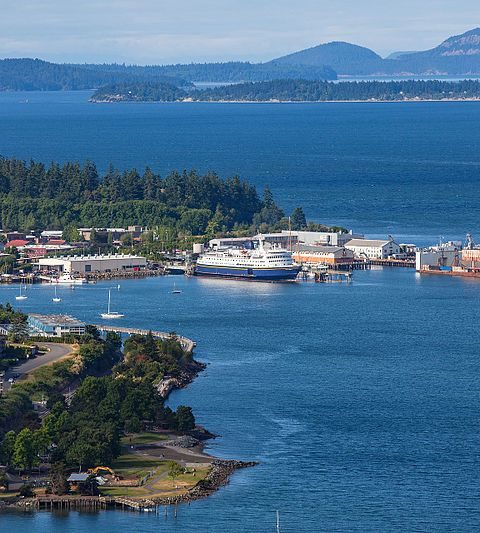Vancouver, Wash. – Maul Foster & Alongi, Inc. (MFA), a leading Pacific Northwest multidisciplinary firm, is excited to announce the acquisition of Peak Sustainability Group, a respected Bellingham, Washington-based firm specializing in climate change and sustainability services. The acquisition of Peak reflects MFA’s ongoing commitment to environmental stewardship and sustainable business practices. This partnership enables MFA…
No business as usual: De-carbonizing industry must start now
There Is No Business As Usual: De-carbonizing Industry Must Start Now
The transition away from fossil fuels will further marginalize the traditional energy sectors, accelerating said transition more, as political influence and financial incentives shift.To reach net-zero emissions, it is critical to decarbonize industrial sectors, but how?
The transition away from fossil fuels will further marginalize traditional energy sectors and accelerate the transition even more. Political influence and financial incentives are shifting.
“Continuing on our current trajectory, with ever-increasing greenhouse gas emissions, will lead us to a 4°C global warming outcome. For the industrial sector, the coming 30 years will undeniably be different than the past 30 years in fundamental ways.
“Needless to say, industry does not like unexpected change and neither do investors. However, change is okay if you can navigate it with maintained returns, or even better if you can outperform the market and generate above-average returns.”
“The risks associated with inaction might be uncertain in terms of timing, but they are not speculative. Given the amount of research and analysis that have gone into climate change over the past 50 years, it’s arguably one of the best understood business risks executives need to relate to in the modern economy. But while our current trajectory is bleak, there is hope. An increasing number of companies and countries are pledging to achieve net-zero emissions by 2050 or even 2040. Using market cap (or estimates thereof) as a proxy for market power, it is clear that the world in the past decade has experienced a significant shift in balance from strong influence of the fossil fuel industries (oil, gas, and coal) toward corporates committed to climate alignment.”
RMI

















